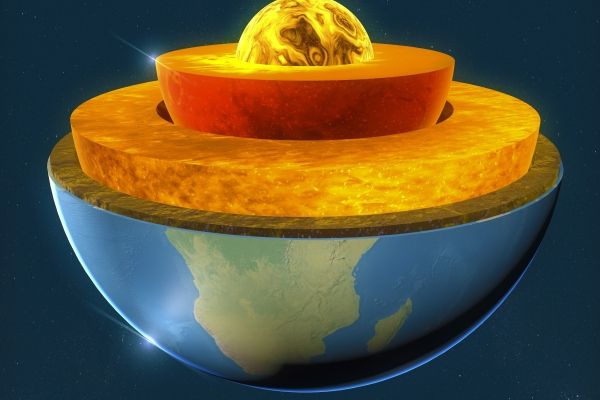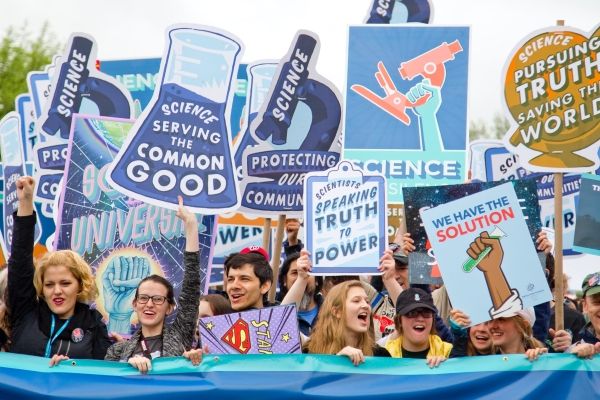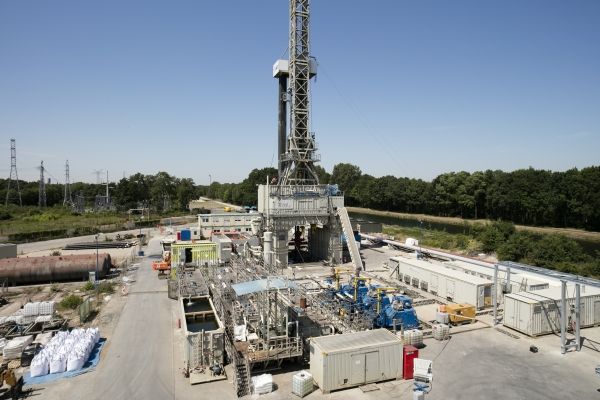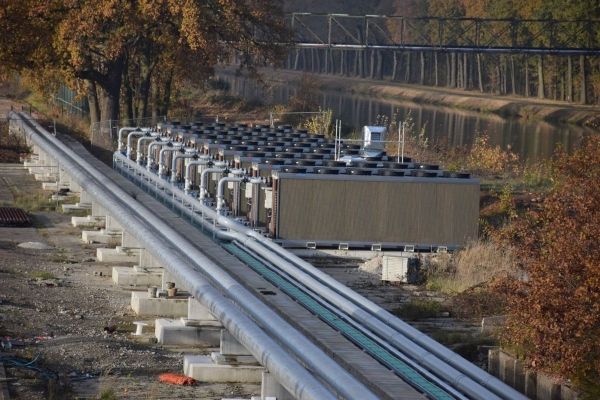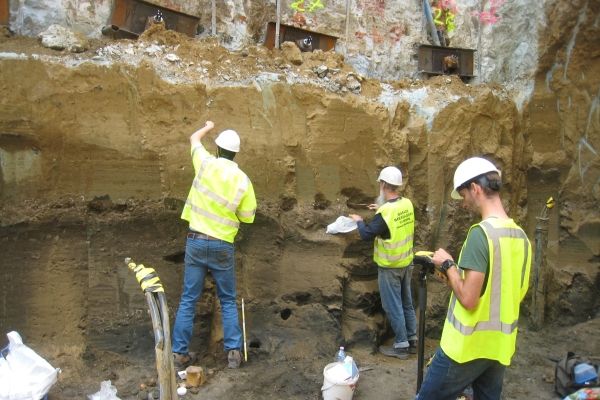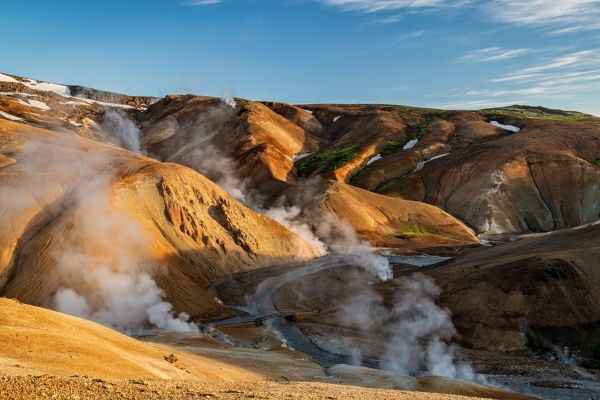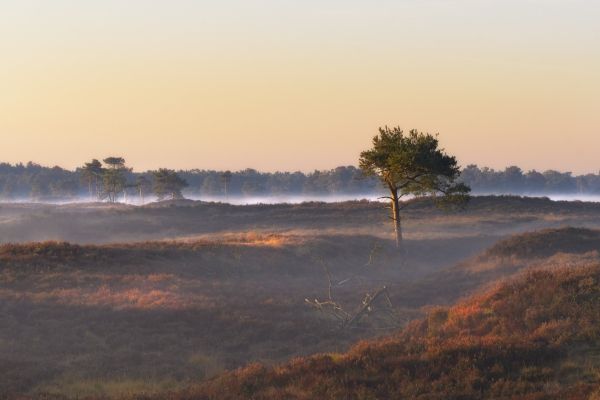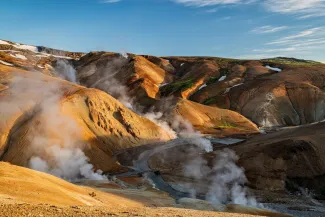Why geothermal energy?
Renewable and always available
This energy is extracted from natural heat sources that are quasi-exhaustible. Extracting geothermal heat is also not dependent on the weather, like solar energy and wind turbines, or on the day-and-night rhythm. Geothermal energy always flows when you need it.
Climate neutral
Greenhouse gas emissions from a geothermal power plant are very limited which makes geothermal heat extraction climate neutral.
Compact power plant
A geothermal power plant is much more compact than traditional power plants, wind turbines or solar farms and therefore has less impact on the environment.
Local and stable in price
Geothermal energy is a local energy source. It makes us independent of foreign suppliers and is not linked to the oil or gas market. Its price therefore fluctuates much less, which saves on energy bills.
Is there any chance of damage?
The geothermal power plant at the VITO Sustainability Park in Mol operates under very strict, controlled conditions. If a quake did occur and you noticed damage to your property as a result, you can report it by emailing aardwarmte@vito.be. More information can be found on this page.
Our mission for the future
By using geothermal energy, we are resolutely opting for a flexible, intelligent, clean and 100% renewable form of energy. It can be the cornerstone of our energy system and it can also be an answer to the high demand for energy in Belgium and Europe.


Geothermal energy for young people, tomorrow's users
Geothermal energy is a renewable energy source, just like wind, water and solar energy, and is aimed at the future. Want to know more about how it works in practice? You can! To bring this energy of tomorrow closer to your living environment, you can visit a working geothermal power plant with your class. There you will learn all about the possibilities, including for the future. Please note: because of the current measures against COVID-19, certain restrictions may apply to school visits.
Find out more on geothermal energy
More information
Want to know more about geothermal energy and VITO's expertise and services? Feel free to contact Ben.




